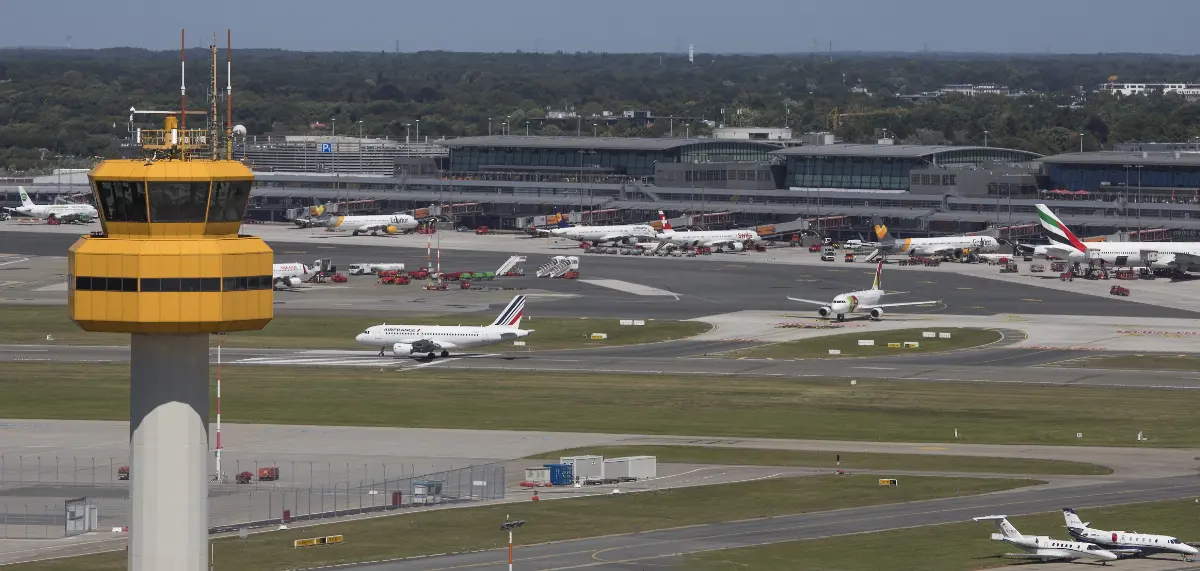
Hamburg Airport on the way to becoming a hydrogen hub
EU funds the “Baltic Sea Region Project”

Hamburg Airport is taking the next big step towards becoming a hydrogen hub in the general aviation sector. As part of the EU's Interreg Baltic Sea Programme, the "Baltic Sea Region Project" initiated by Hamburg Airport will receive support in the "Green Mobility" funding category. The project aims to better connect rural Baltic Sea regions to existing aviation hubs with hydrogen-powered small aircraft. The project "BSR Hydrogen Air Transport - Preparation of Baltic Sea Region Airports for Green Hydrogen" is expected to start in November 2023. The project is scheduled to last about three years and involves 16 project partners and 24 associated organisations in addition to Hamburg Airport. The project budget is up to 4.8 million euros, of which about 1.1 million euros will be allocated to Hamburg Airport. The project partners expect EU funding of around 80 percent.
Important contents of the "Baltic Sea Region Project" are: the development of the supply chain for green, gaseous hydrogen from production to the fuelling of aircraft or airport ground equipment, as well as test operations. Almost all major airport operators around the Baltic Sea are part of the partnership (Finavia, Swedavia, Lithuanian Airports, Riga Airport, Tallinn Airport). The project development and application was initiated by Hamburg Airport, the lead partner of the partnership. As the project aims, among other things, at revitalising regional air traffic, several smaller airports and regional airlines are also involved in the partnership. Relevant technology providers, universities and authorities are also partners or associated organisations.
The project aims to clarify the prerequisites for an airport infrastructure that is geared towards H2-powered aircraft. At the end of the project, all airports should be prepared to invest and implement their infrastructure projects on their own. At the end of the project period, a real demonstration flight with a hydrogen-powered aircraft is planned from Hamburg Airport. With this project, Hamburg Airport wants to work out the possibilities of general aviation in H2 technology. In addition to this development aspect, a completely new network of flight connections is also to be opened up.
With its climate strategy "Net Zero 2035 - Now. For the Future", Hamburg Airport aims to reduce the airport city's greenhouse gas emissions to zero by 2035 - as the first major airport in Germany to do so. In addition, Hamburg Airport supports air traffic on its way to a CO2-free future. The goals of this strategy include active support for research and development: the "Baltic Sea Region Project" is an example of how alternative propulsion options can further advance aviation in the field of climate-friendly flying.
AVIONEWS - World Aeronautical Press Agency